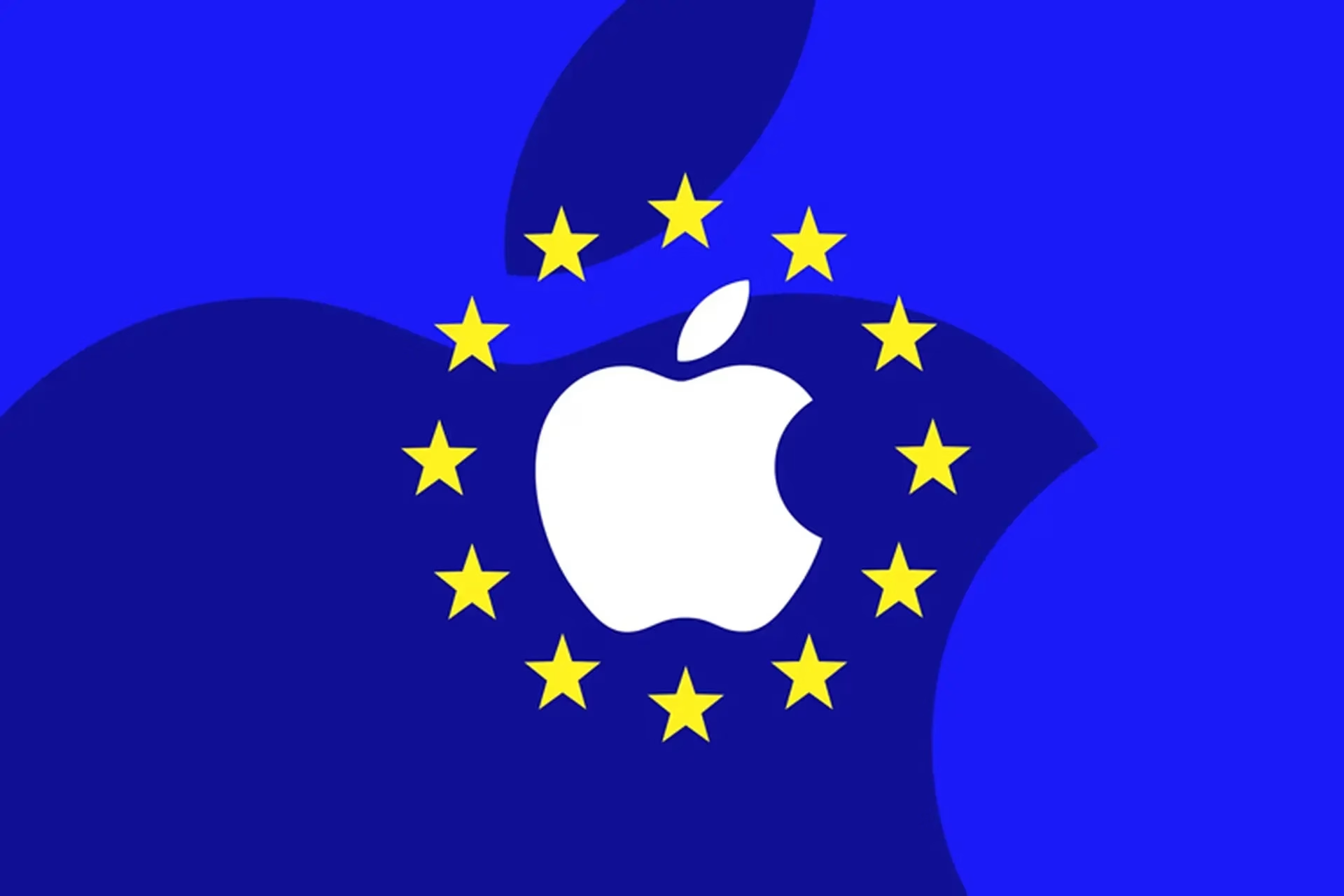Apple's App Store: A High-Stakes Game of Negotiation with the EU
It feels like we're constantly talking about Apple and its App Store, doesn't it? The saga of regulatory scrutiny, particularly from the European Union, is a long-running drama, and it appears we're now entering a particularly tense act. Reports from the Financial Times today suggest that Apple is “locked in last-minute” negotiations with the European Commission. The goal? To ease those contentious App Store anti-steering provisions. This isn't just a minor tweak; it's a significant moment that could reshape how one of the world's most powerful companies operates within a major market.
What Are These "Anti-Steering Provisions" Anyway?
For years, developers have grumbled about this. They argue it stifles competition, limits their ability to offer competitive pricing, and ultimately, eats into their revenue. And who can blame them? That 30% cut, especially for smaller developers, can make a real difference to their bottom line.
The Digital Markets Act: The EU's Big Stick
The European Union, through its Digital Markets Act (DMA), has been on a mission to rein in the power of tech giants, or "gatekeepers" as they call them. Apple, with its dominant iOS ecosystem, certainly fits that description. The DMA aims to ensure fair competition and prevent these gatekeepers from imposing unfair conditions on businesses and end-users. And the anti-steering rules? They're a prime target.
We've already seen the EU flex its muscles. Just a few months ago, in April, Apple was hit with a substantial €500 million fine for violating DMA rules related to music streaming apps. That was a clear signal: the EU isn't playing around. Now, with a looming deadline for full compliance, the pressure is truly on. The threat of daily fines, which can quickly add up to astronomical figures, is a powerful motivator for Apple to come to the table. It's a bit like a game of chicken, and the EU seems quite content to hold its ground.
Apple's Tight Spot: Concessions and Consequences
So, what's Apple likely to do? They're in a tough spot. On one hand, their App Store commission model is a significant revenue stream. It's a well-oiled machine that has contributed billions to their services division. Giving up control over payments, or allowing developers to easily bypass their system, could impact that. On the other hand, non-compliance with the DMA isn't just about fines; it's about reputation, legal battles, and potentially setting a precedent for other regions.
The Ripple Effect: What This Means for Everyone Else
If Apple does make significant changes to its anti-steering provisions in Europe, the implications are pretty vast.
- For Developers: This is potentially huge. Imagine being able to offer your app at a lower price if users subscribe directly through your website, or simply having the freedom to communicate your options. It could lead to more competitive pricing, more innovation, and perhaps even better margins for developers. It's a breath of fresh air for many who've felt constrained.
- For Consumers: More choice, potentially lower prices. If developers can avoid Apple's commission, they might pass those savings on to you. It also means a more transparent marketplace, where you're not locked into one payment method. Who doesn't want more options, right?
- For Apple's Competitors: This could level the playing field a bit. Other app stores or payment providers might see new opportunities.
- Globally: While these negotiations are focused on the EU, regulatory bodies in other regions (like the US, UK, and Japan) are watching closely. What happens in Europe often sets a precedent. If the EU succeeds in forcing meaningful change, it could inspire similar actions elsewhere.
Looking Ahead
These last-minute negotiations highlight the ongoing tension between powerful tech platforms and global regulators. The EU's DMA is proving to be a formidable tool, pushing companies like Apple to adapt their long-standing business practices. It's a fascinating time to observe the tech landscape, as the balance of power slowly but surely shifts.
Will Apple make enough concessions to satisfy the Commission? Or will they face further, potentially crippling, fines? We'll know soon enough. But one thing's for sure: the days of tech giants operating with unchecked power are, thankfully, becoming a thing of the past. And that, I think, is a good thing for everyone involved.
